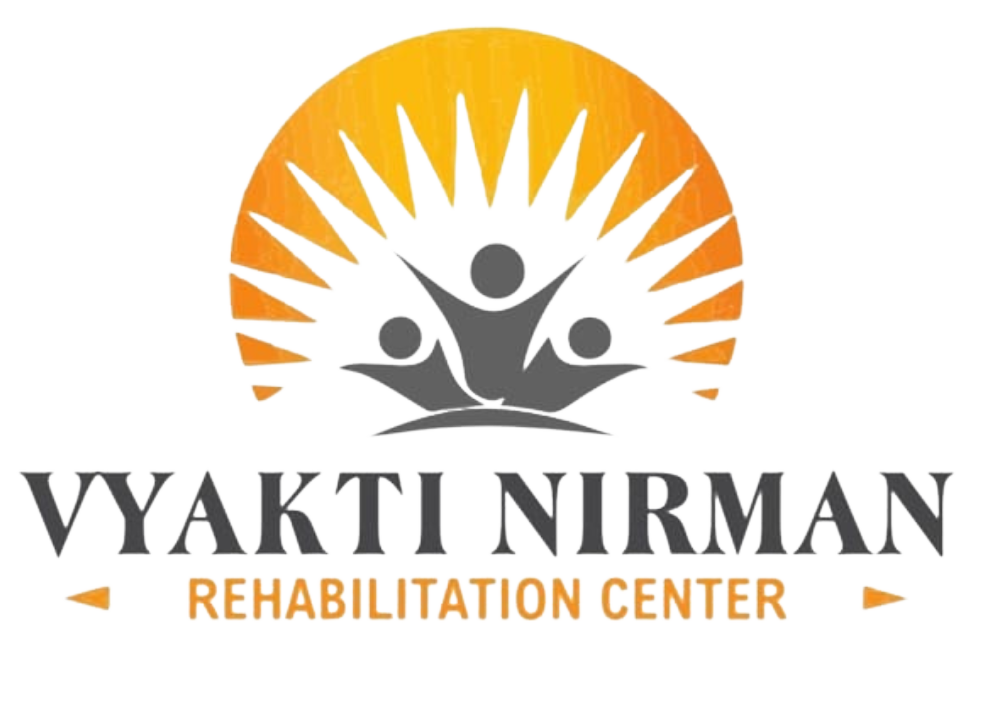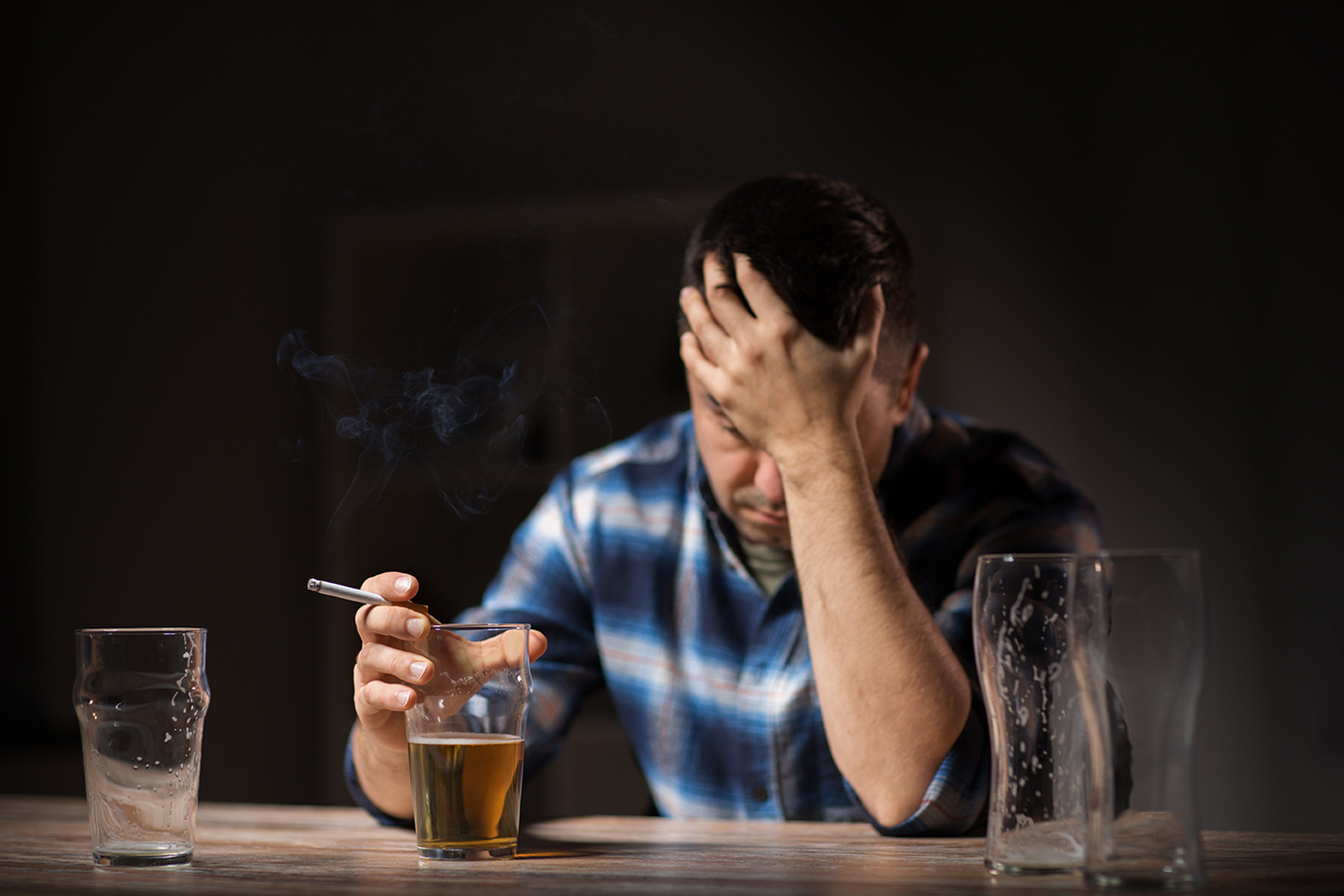When you have TMJ problems you may have difficulty doing things like eating and talking.
Addiction is a multifaceted issue that affects not only the body but also the mind. Recovery from addiction requires addressing both the physical dependence and the mental health challenges that often accompany it. For many people, addiction is a coping mechanism for underlying mental health issues, such as anxiety, depression, or trauma. Thus, recognizing the importance of mental health in addiction recovery is crucial for achieving long-term success.
In this blog, we’ll explore the connection between mental health and addiction, the benefits of a holistic approach to recovery, and why mental health care should be an integral part of any rehabilitation program.
The Importance of Mental Health in Addiction Recovery
The Connection Between Mental Health and Addiction
Mental health and addiction are closely intertwined. According to research, nearly half of individuals with a substance use disorder also have a co-occurring mental health condition. This is often referred to as a dual diagnosis. Conditions such as depression, anxiety, post-traumatic stress disorder (PTSD), and bipolar disorder can either lead to or exacerbate substance abuse as individuals attempt to self-medicate to cope with emotional pain or distress.
For example, someone experiencing depression may turn to alcohol or drugs to escape their feelings of sadness and hopelessness. Similarly, individuals with anxiety may misuse substances to alleviate their constant worry and tension. Unfortunately, while drugs or alcohol may offer temporary relief, they often worsen the underlying mental health condition, leading to a vicious cycle of dependence and emotional instability.
Without addressing both the addiction and the mental health issue, recovery can be difficult and incomplete. This is why comprehensive care that focuses on both is essential for lasting success.

Why Mental Health Support is Essential for Long-Term Success
Focuses on the following:
Reduces the Risk of Relapse
Without addressing the underlying mental health issues, the chances of relapse are significantly higher. Individuals who receive therapy for conditions like depression or anxiety alongside addiction treatment are better equipped to manage their triggers and cravings, leading to more successful long-term recovery.
Improves Emotional Stability
Mental health support provides individuals with the tools they need to regulate their emotions, improve their self-esteem, and build resilience. This emotional stability is crucial in the face of life’s challenges and stressors, which might otherwise lead them back to substance use.
Promotes Overall Well-Being
Recovery isn’t just about stopping drug or alcohol use; it’s about building a fulfilling, healthy life. Addressing mental health issues helps individuals reconnect with themselves, rebuild relationships, and pursue goals with a clearer mind and healthier outlook on life.
Holistic Recovery: Addressing the Mind and Body
A holistic approach to addiction recovery recognizes that true healing involves treating the whole person, not just the addiction. While detoxification and physical rehabilitation are vital components, mental health treatment is equally important for preventing relapse and promoting long-term wellness.
A rehabilitation center that offers dual diagnosis treatment focuses on the following:
-
Mental Health Counseling and Therapy: Therapeutic interventions such as Cognitive Behavioral Therapy (CBT), Dialectical Behavioral Therapy (DBT), and trauma-focused therapy help individuals address the root causes of their addiction. These therapies work by helping individuals identify negative thought patterns, develop healthier coping mechanisms, and work through past traumas that may be driving their substance use.
-
Medication Management: In cases where individuals are dealing with a severe mental health condition like depression, anxiety, or bipolar disorder, medication can be an important part of treatment. A psychiatrist or physician at a rehabilitation center can assess the need for medication to manage symptoms and stabilize mood, making the recovery process smoother.
-
Mindfulness and Stress Reduction Techniques: Practices such as yoga, meditation, and mindfulness help individuals become more aware of their thoughts and emotions, reducing the likelihood of turning to substances for relief. These techniques are particularly beneficial for managing stress and anxiety, which are common triggers for relapse.
-
Support Groups: Group therapy or support groups, such as Alcoholics Anonymous (AA) or Narcotics Anonymous (NA), can provide individuals with a sense of community and accountability. Hearing others’ stories and sharing their own can help individuals feel understood and supported, which can significantly enhance their mental well-being during recovery.
Conclusion
Mental health plays a pivotal role in the journey to overcoming addiction. By addressing both the physical and emotional aspects of addiction, individuals are given the best chance to recover fully and lead fulfilling lives. If you or someone you know is struggling with addiction and mental health issues, seeking help from a rehabilitation center that offers holistic, dual diagnosis treatment can make all the difference.
Remember, healing the mind is just as important as healing the body. Take the first step toward a brighter future today.

